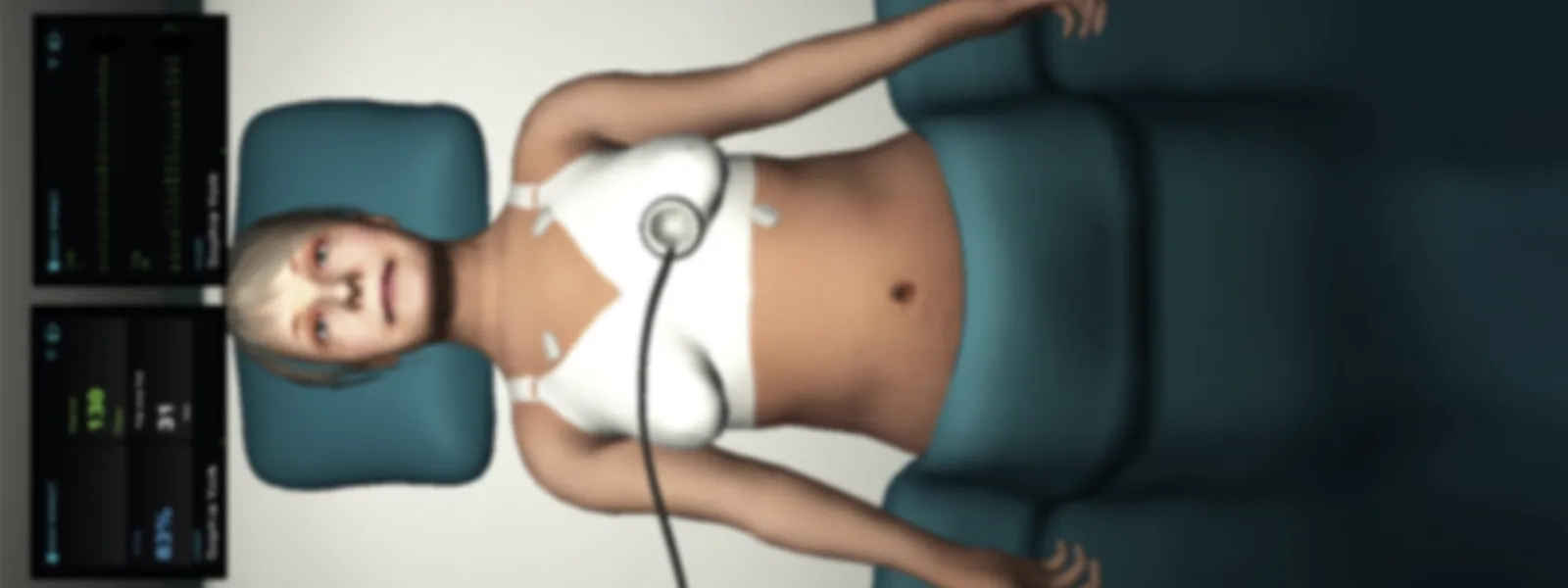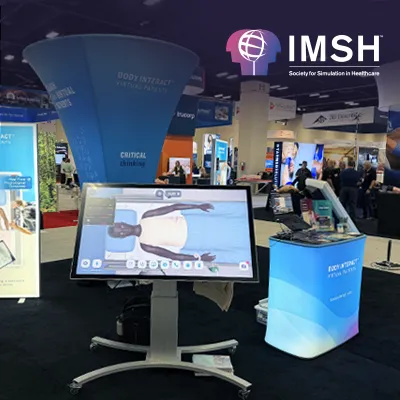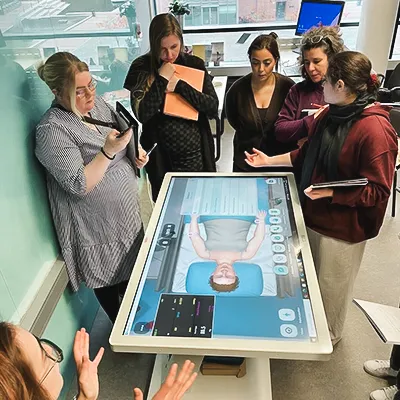Cardiology at the Core:
How Body Interact Began with the Heart, and What We Offer Today
Why Cardiology Came First
In the early 2010s, the world faced a pressing reality: cardiovascular diseases accounted for nearly one in three deaths worldwide.[1] This statistic, reinforced by an expanding body of clinical evidence and international guidelines, highlighted the urgent need for innovative approaches for education and training in cardiology.
It was within this context that Body Interact launched its very first clinical scenarios in 2011, and cardiology was at the core. The decision to begin here was no coincidence: the burden of heart disease, the complexity of cardiovascular emergencies, and the importance of fast, evidence-based decision-making made cardiology the ideal starting point for our mission.

A Mission of Responsibility
From the beginning, Body Interact’s creators embraced a spirit of social responsibility: to provide a safe, controlled environment where medical students, residents, and practicing professionals could learn, train, and be assessed without risk to real patients.
Partnerships that Shaped Our Path
Collaborating with Global Leaders
The journey was powered by partnerships with some of the most influential voices in cardiovascular medicine. The American College of Cardiology, American Heart Association, Associazione Nazionale Medici Cardiologi Ospedalieri, European Society of Cardiology, the Société Française de Cardiologie, and the Mayo Clinic were among the key players who shared expertise, shaped content, and helped ensure that Body Interact scenarios reflected best practice and real-world challenges and practices.
Cardiology Scenarios Today
Today, more than a decade later, Body Interact remains a trusted partner in cardiology education. The need is clear: cardiovascular diseases claim around 17.9 million lives every year.[2] Over the years, Body Interact has expanded its cardiovascular scenarios—from acute coronary syndromes to heart failure and arrhythmias, across medicine and nursing, and from critical care to outpatient consultation. These scenarios are now used worldwide to teach core principles, strengthen clinical judgment, and assess competence in this vital field.

Don’t Miss a Beat — World Heart Day 2025
As we celebrate World Heart Day, we honor not only the millions of lives touched by cardiovascular disease but also the educators, learners, and clinical leaders who continue to push the boundaries of what medical simulation can achieve. At Body Interact, cardiology will always be at the heart of our story, preparing future professionals to act quickly, think critically, and save lives when every second counts.
References
1. Spencer S. Global Burden of Disease 2010 Study: A personal reflection. Glob Cardiol Sci Pract. 2013 Nov 1;2013(2):115-26. doi: 10.5339/gcsp.2013.15. PMID: 24689009; PMCID: PMC3963741.
2.World Health Organization (WHO). Noncommunicable diseases progress monitor 2022. https://www.who.int/publications/i/item/9789240047761









